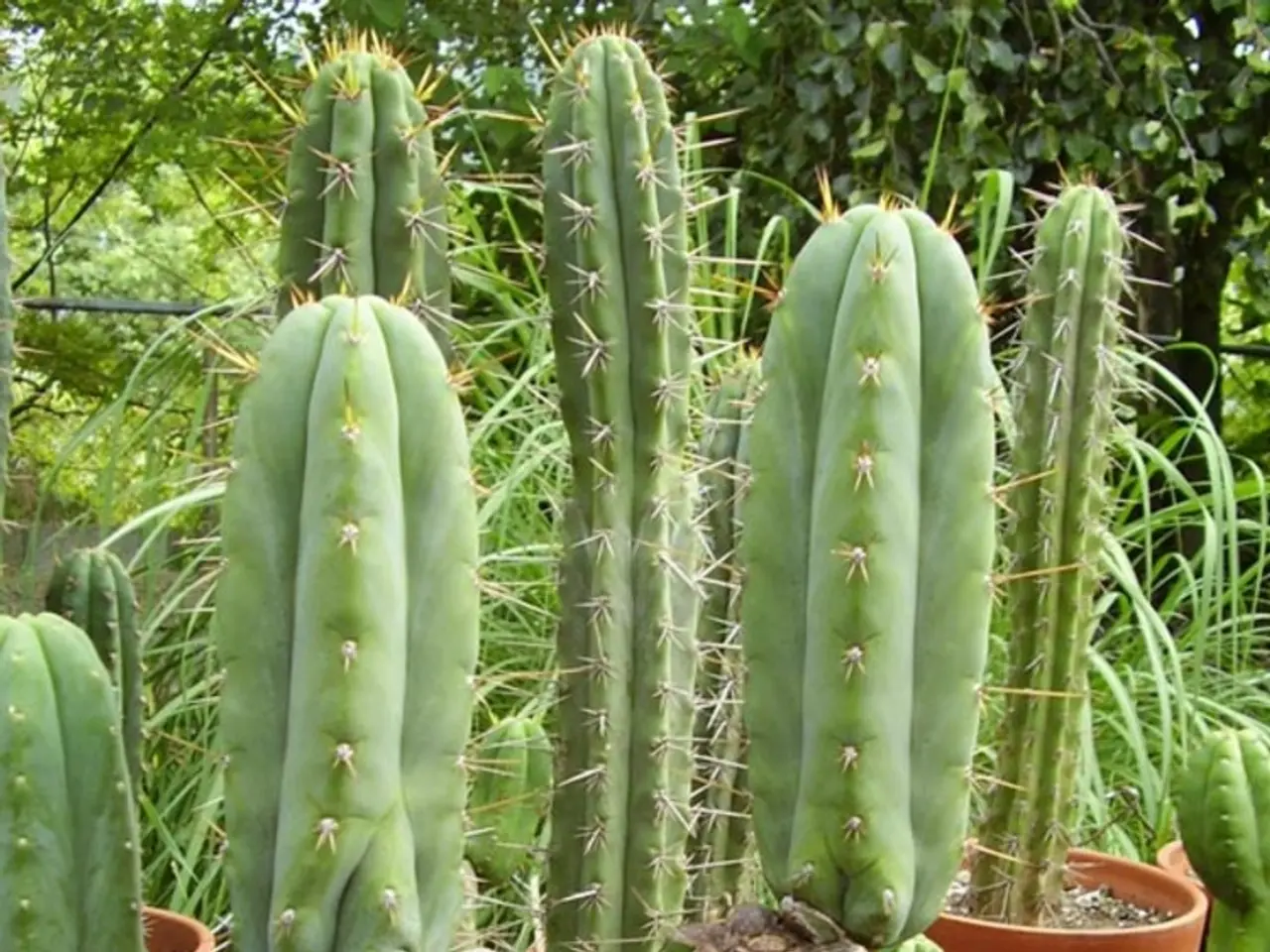Strategies for Collaborating with Indigenous Ancestors for Knowledge Exchange that Respects Ancient Knowledge
In the pursuit of understanding and respecting Indigenous cultures, it's essential to approach elders with humility, patience, and a willingness to learn. Here are some guidelines to help you establish meaningful relationships based on mutual respect, consent, and trust.
First and foremost, seek permission from the elders or knowledge keepers themselves about how and when traditional knowledge can be shared, and with whom. If unsure about specific protocols, ask respectfully before engagement. Use respectful, inclusive language, including referring to Indigenous peoples by their own names for themselves (e.g., specific nations or peoples rather than generic terms), and capitalizing cultural terms like Elder, Knowledge Keeper, Traditional Knowledge to show respect.
Building relationships should be based on mutual respect, consent, and trust, recognizing Indigenous knowledge as cultural property not freely available for use without permission. Honor Indigenous concepts of stewardship and caretaking, approaching elders as respectful partners in a reciprocal relationship that recognizes interconnectedness between people, non-human beings, and the land.
When engaging elders as part of research or educational contexts, seek institutional approval if applicable (e.g., research ethics boards) and ensure to cite oral knowledge appropriately, treating Elders as knowledge holders and authors. Remember that Indigenous knowledge belongs to specific communities and isn't freely shareable without proper authorization.
Respect intellectual property and sacred knowledge that belongs to specific communities. Return borrowed materials promptly and arrive on time for scheduled meetings to demonstrate respect for their time. Share stories through channels that benefit Indigenous communities rather than exploiting their wisdom for personal gain.
Honor every commitment made during conversations with Indigenous elders. Always ask explicit permission before recording any conversation, ceremony, or teaching session with Indigenous elders. Remember important personal details from previous conversations and reference them in future interactions. Share relevant community news or ask about their wellbeing during seasonal transitions or significant cultural dates.
Schedule consistent visits every few weeks to build trust with elders. Start visits during morning hours when elders often feel most alert and engaged. Attend rallies and public forums where elders speak about important issues affecting their communities. Donate time to after-school programs, tutoring services, or college preparation workshops that connect youth with their cultural heritage.
Offer practical support during difficult times like illness or family challenges without expecting cultural knowledge in return. Write letters to local representatives supporting Indigenous-led initiatives, or share educational content that challenges misconceptions and promotes understanding of Indigenous perspectives and contributions. Always attribute knowledge to specific elders and their tribal affiliations while respecting any requests for anonymity.
Help document oral histories, traditional recipes, or cultural practices using writing, photography, or recording skills. Complete promised tasks like sharing photos or bringing requested items within agreed timeframes. Fund educational materials like books, technology, or cultural learning resources that strengthen the connection between traditional knowledge and modern education.
Offer compensation for their time and expertise, covering travel expenses and providing honorariums that reflect the value of their wisdom. Send brief check-in messages or cards between visits to show ongoing care and interest. Coordinate logistics carefully, ensuring accessible venues and appropriate scheduling that respects their availability and cultural considerations. Approach documentation projects with patience and cultural sensitivity, allowing elders to control what's recorded and how it's shared.
Champion Indigenous causes in your professional networks, social media platforms, and community organizations to amplify voices and raise awareness. Consider donating proceeds from any published materials to Indigenous education programs or cultural preservation efforts that support the communities who shared their knowledge with you.
By following these guidelines, you can help build respectful relationships with Indigenous elders, fostering a greater understanding and appreciation of their cultures and knowledge.
In the realm of education-and-self-development, it's crucial to understand that learning about Indigenous cultures is a process that requires a willingness to adhere to traditional learning protocols and respecting the knowledge holders. Engagement should involve the learning of Indigenous languages, concepts, and beliefs, as well as understanding the importance of cultural property and intellectual property rights.
Moreover, fostering education-and-self-development includes seeking out opportunities to fund educational materials that strengthen the connection between traditional knowledge and modern education, supporting Indigenous-led initiatives, and amplifying Indigenous voices to raise awareness in professional networks, social media platforms, and community organizations.




